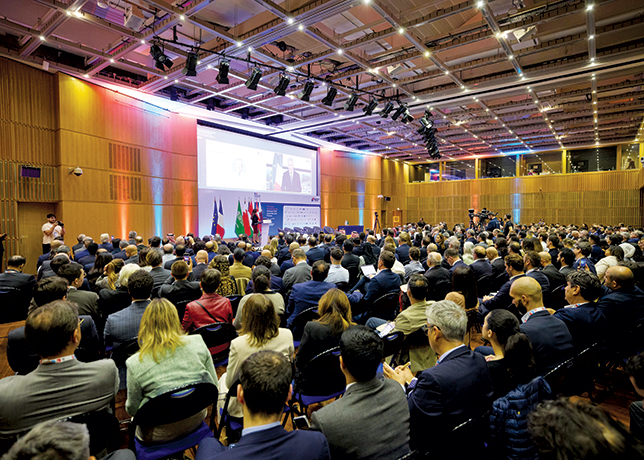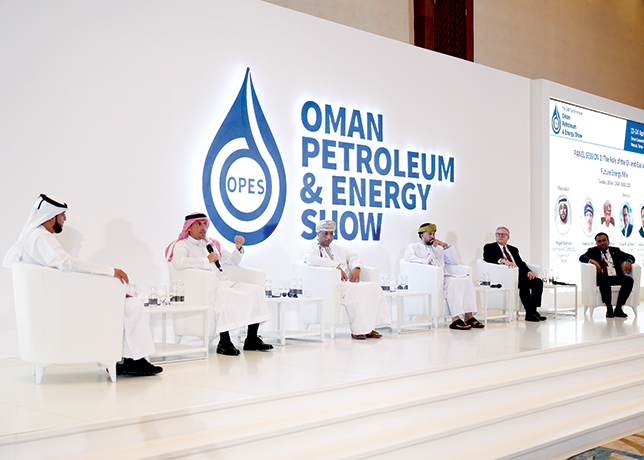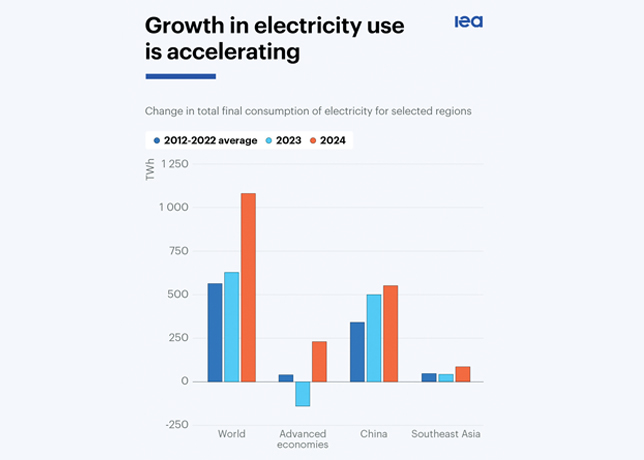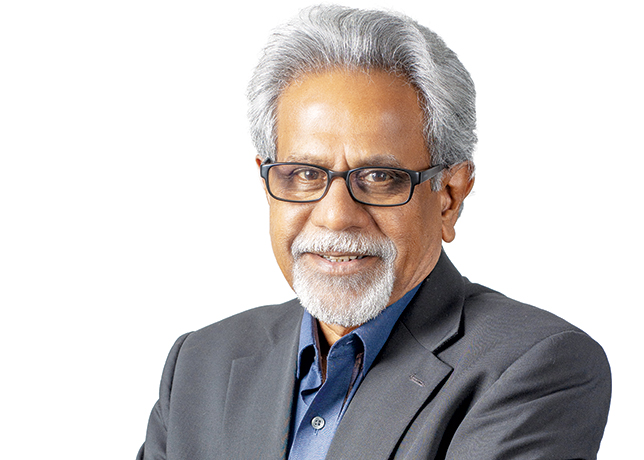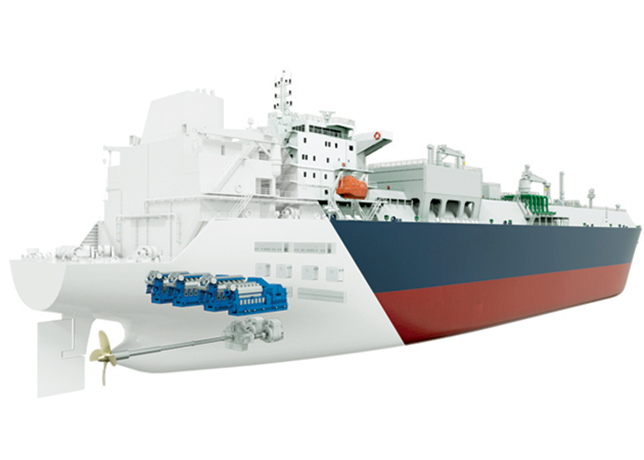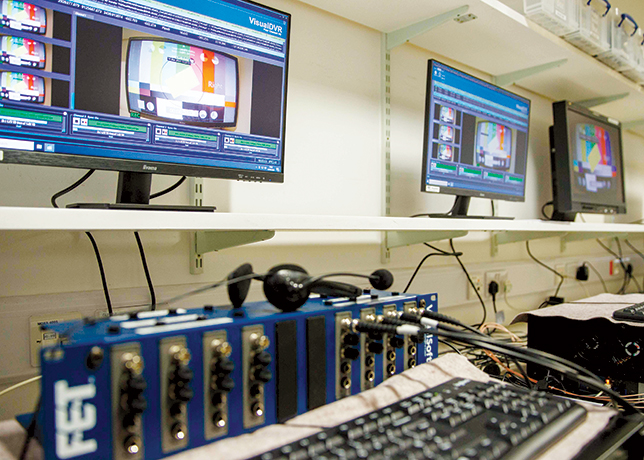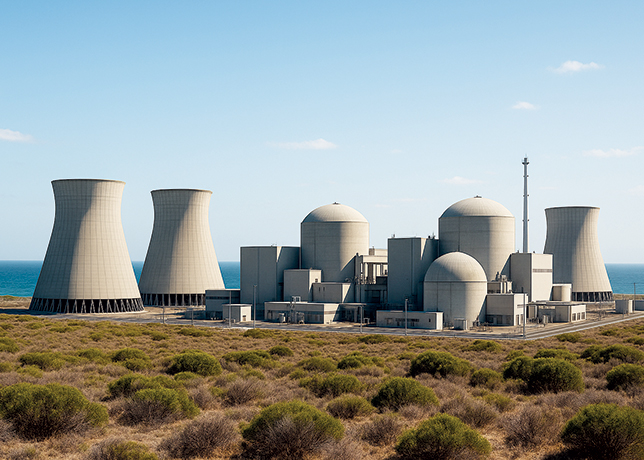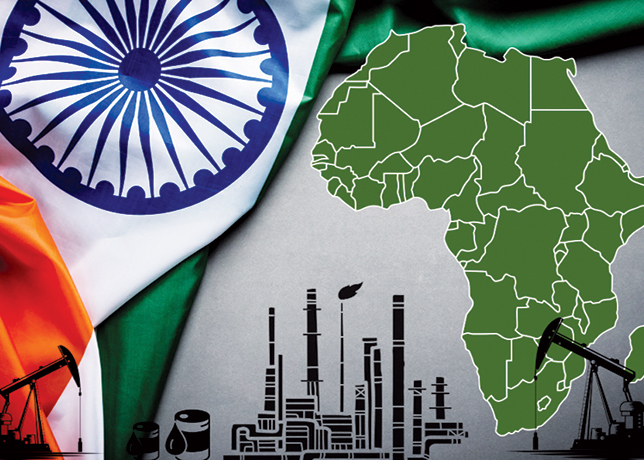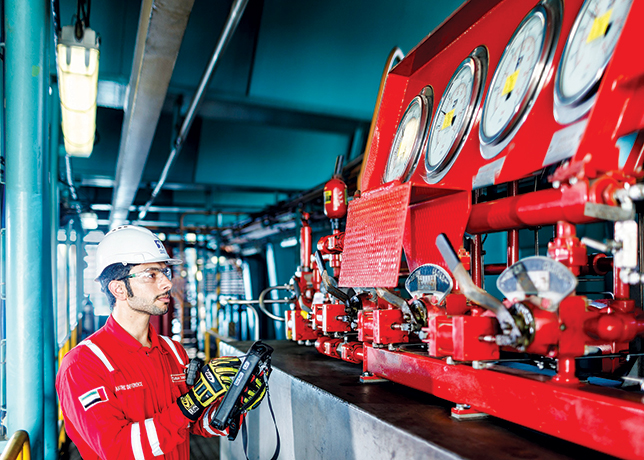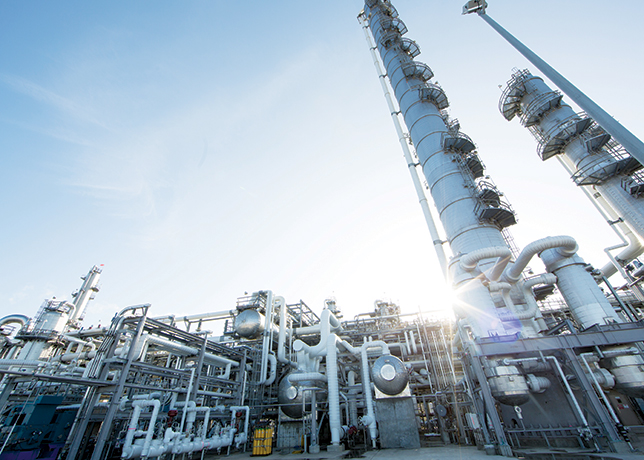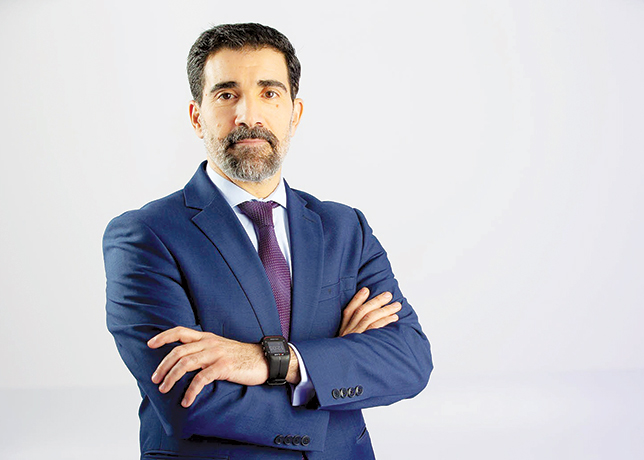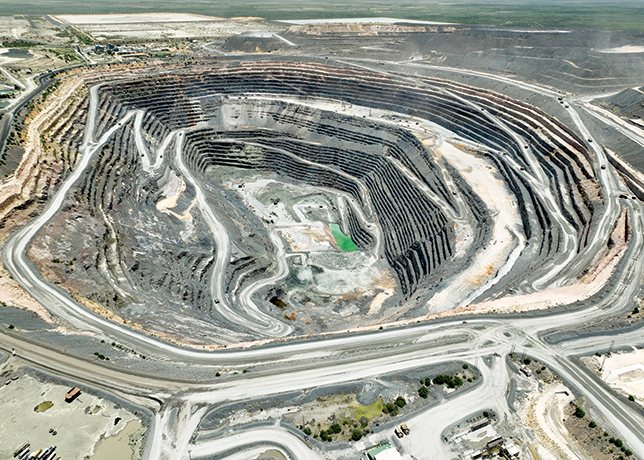
 Dubai seeing double digit growth
Dubai seeing double digit growth
Oil demand in the Middle East will continue to surge in the coming years as the region's big producers invest their windfall revenues in economic growth, the head of a major retail firm said.
A renewed boom in refinery construction will more than meet the demand for extra fuel, however, making the region a growing supplier of oil products to the rest of the world, Hussain Sultan, chief executive of the Dubai-based Emirates National Oil Company (Enoc), said.
"I would see the local markets growing at least five to eight per cent a year," he said, pointing to the transport and utility sectors. "In Dubai we're seeing double-digit growth."
While oil demand growth in most of the world, including powerhouse China, slowed sharply last year as rising prices curbed consumption, petrodollar-fuelled growth and steady price subsidies helped the Middle East keep up strong rates.
The region as a whole consumes nearly as much oil as China and last year grew twice as fast.
Saudi Arabia and Iran make up about half the region's oil demand, forecast to exceed six million barrels per day (bpd) this year, about seven per cent of global use.
With an oil-price boom moving into a fourth year, producers are swiftly investing in new infrastructure, airlines and other sectors to diversify from oil, stimulating economies that have sometimes failed to benefit from past price rallies.
"They have to be accountable to their own people and show they are investing their revenues," said Sultan. "They're even competing with each other to do it."
Demand soared 5.1 per cent last year, the strongest growth rate of any single region or major consumer, after climbing 6.5 per cent in 2004, the International Energy Agency (IEA) said.
The increase in 2005 demand amounted to 290,000 bpd - more than a quarter of the global rise and nearly 15 times more than India - and it will add 300,000 bpd this year as it is expected to grow by five per cent, the IEA says.
The demand has come across a host of sectors, with car owners using more petrol, petrochemical plant expansion lifting demand for lighter feedstocks and the region's growing role as a transport hub driving up airline and shipping fuel demand.
Even so, plans to build as many at 10 new refineries over the next five years should ensure that the region can curb the need for imports such as gasoline and play a larger role on fuel markets.
"I expect the dependency on imports to diminish considerably," Sultan said. "As all the refineries come onstream there will be a surplus to be exported."









